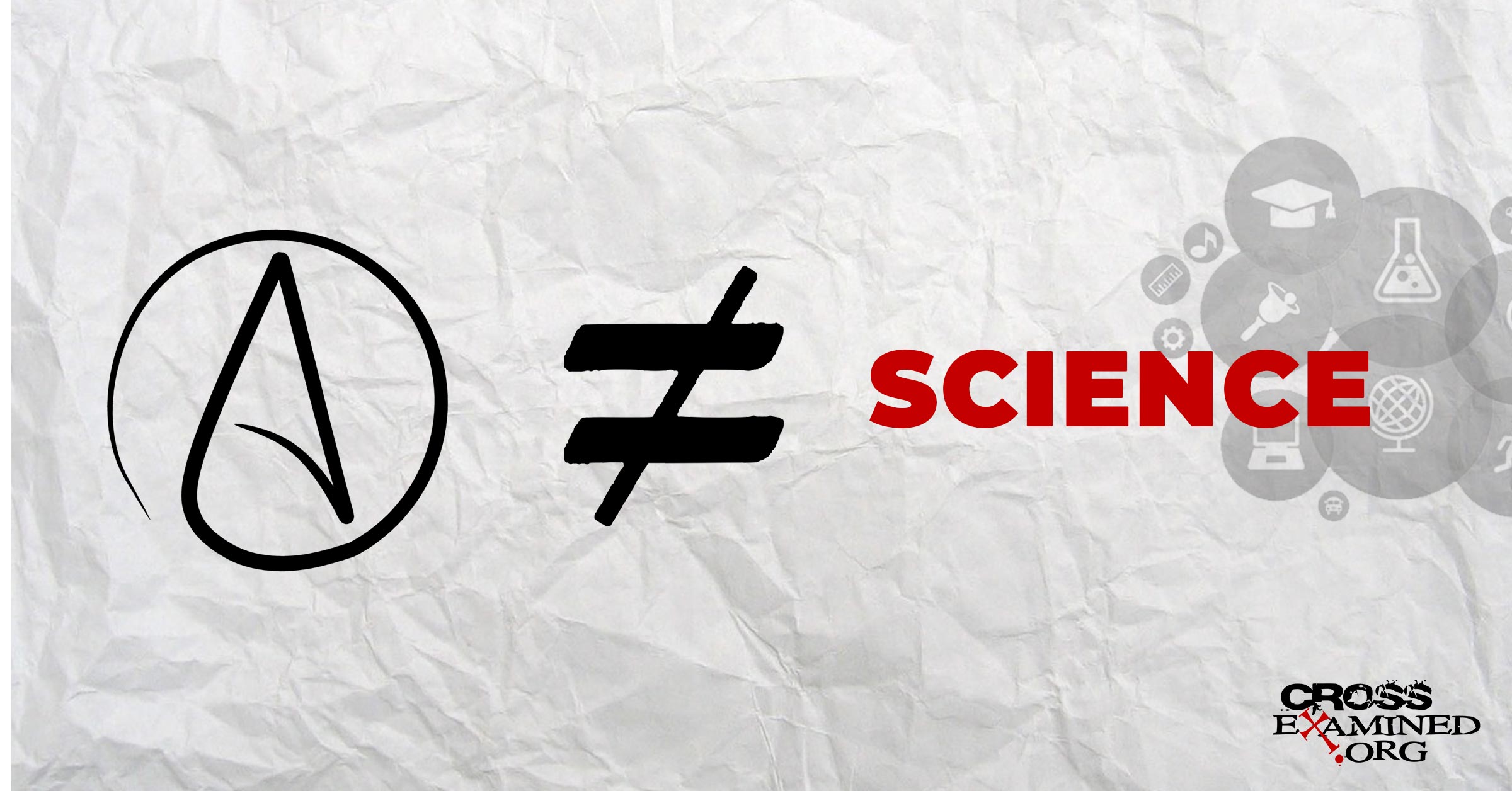Introduction
If you consume a large portion of your material through audio, it is hard to get past a good deal on an excellent audiobook. Twice every year ChristianAudio.com runs a sale on most of their collection, and you can usually pick up these great audio resources for $7.49. The time has come for the first sale of 2021 (and beyond), so I will be highlighting some of my favorite audiobooks. I’ll include a few of my favorite quotes from the books, my recommendation from my chapter-by-chapter reviews, links to posts that were inspired by the books, and, of course, I will include links to the audiobook deal throughout the article. Today, I am highlighting Improbable Planet: How Earth Became Humanity’s Home by Dr. Hugh Ross.
Improbable Planet by Hugh Ross– My Recommendation
Improbable Planet: How Earth Became Humanity’s Home is the highly anticipated “sequel” to Dr. Hugh Ross’ book Why The Universe Is The Way It Is. In the first work, Dr. Ross examined several biblical purposes God has for this creation and how these purposes are evidenced in the history of the universe. In this new book, Dr. Ross zooms in from the perspective of the entire universe and multiple purposes to the earth and God’s purpose of redemption. Dr. Ross’ goal in this volume is to demonstrate how the history of our planet is not merely some naturalistic “just-so story” but rather a complex, multi-stage project with an explicit purpose as its end-goal. He intends to marshal the latest scientific discoveries from numerous scientific disciplines to make his case for the design of our planet.
It is an amazing listen. I work with several project managers at my job, and they have shown me representations of the schedules of their various projects. These include the necessary order of numerous steps, deadlines for the steps, the goals of each step, and the final purpose. Many of the steps must be done together and within certain time periods; otherwise, the project will fail. If you have ever mapped out a project or have seen one mapped out, you may be familiar with Gantt charts and how complex they can be. As I was only a couple chapters into this book, I could not help but imagine the incredible complexity behind the project that God planned and executed perfectly to accomplish His purposes. The projects that I have seen at work do not compare to the project that was our planet. If it is reasonable to think that the smaller and less complex projects at work were the product of designers, then it is even more reasonable to understand the project that was our planet is the product of a Designer.
Dr. Ross skillfully brings numerous discoveries of numerous disciplines of science together to give the big picture of the project of our planet. He then shows from the Bible what the end purpose was, and how it all comes together into a cohesive worldview that ends with Christian evangelism. He shows how God did not merely start the process at the big bang and wait for natural processes to eventually and accidentally complete each step. Rather God initiated each step at the earliest moment possible after the previous step was completed, and while certain steps were being completed, God was working on other necessary steps. Dr. Ross shows how it was necessary that each step be completed within precise boundaries and deadlines that, if crossed or missed, we would not exist.
Dr. Ross masterfully demonstrates God’s patient yet highly active execution of His cosmic project. The argument from design in this book is awe-inspiring scientifically and theologically. The way the argument is presented makes it nearly impossible to be intellectually dismissed, especially by those even remotely involved in engineering or project management. I highly recommend that all Christians pick up a copy of this book. It will give you a new appreciation for the creation and the power, care, patience, and love of our Creator and Savior. It will also give you a tremendous tool to discuss and defend the truth of the Christian worldview from the latest discoveries in the hard sciences.
I especially recommend this audiobook to Christian apologists interested in arguments from design. This book takes the teleological argument to the next level. It goes beyond just identifying the finely-tuned constants of the universe to show how, even within a finely-tuned universe, in order for the arrival of advanced life such as humans, the processes that formed the final site of advanced life had to be meticulously planned and actively guided. The argument in the book appeals directly to what is known about the necessity of a designer behind projects, and implied throughout the book is the exponentially decreasing probabilistic resources available to the naturalist to explain our existence. Scientists, every day, are discovering new features of the history of our planet that cry out for a purposeful explanation. Improbable Planet needs to be in your personal library and part of your collection of tools to defend the truth that God created this universe and us for a purpose: to redeem us through the death and bodily resurrection of Jesus Christ.
You can read the complete chapter-by-chapter summary review by clicking or tapping here.
Improbable Planet by Hugh Ross ― Favorite Quotes
“Only in a spiral galaxy is a long history of life possible. A spiral galaxy of the just-right size and the just-right structure can yield adequate heavy elements for life as well as a possible location where a planetary system can reside for billions of years without being exposed to deadly radiation and without gravitational disruptions from adjacent stars and molecular clouds.”
“The Local Group represents a rarity. As far as astronomers are able to see, the Local Group is the only grouping of galaxies wherein a host galaxy can sustain a planet on which a long history of diverse, complex, and abundant life is possible.”
“The list of rarities, all of which serve the eventual needs of long-enduring life, up to and including advanced civilization, starts with the [solar] system’s origin cluster and goes on to include its ejection from that cluster, the Grand Tack sequence, the Moon-forming event, the late veneer, the late heavy bombardment, the fifth planet’s timing, and jumping Jupiter. The existence and locations of our planetary system’s five asteroid and comet belts simply add to the already long list of features that must be in place before life can originate on Earth and possess any possibility of survival for a few billion years. The ‘coincidences’ compound with each new discovery.”
“Destructive mean motion resonances are nearly ubiquitous. As it is, Uranus is close to a 7:1 resonance with Jupiter, a 2:1 resonance with Neptune, and a 3:1 resonance with Saturn. Meanwhile, Jupiter and Saturn are very close to a 5:2 resonance. If any of these gas giant planets’ orbital positions were to shift even slightly, that shift would generate instabilities in the orbit of one or more of the solar system’s eight planets. Such instabilities would shatter the possibility of a long history of life on Earth, a history leading to human life and civilization.”
“The conditions under which the Moon formed seem so unlikely, from a naturalistic worldview, as to defy credibility.”
“The ideal place for any kind of life as we know it turns out to be the solar system like ours, within a galaxy like the Milky Way, within a supercluster system like ours, within a galaxy like the Milky Way, within a supercluster of galaxies like the Virgo supercluster, within a super-supercluster like the Laniakea super-supercluster. In other words, we happen to live in the best, perhaps the one and only, neighborhood that allows not only for physical life’s existence but also for its enduring survival.”
“Ongoing research tells us that Earth has been shaped not only by an intricately orchestrated interplay of physical forces and conditions but also by its vast abundance and diversity of life-forms. By means that no depth and breadth of scientific research can explain, life arose early in Earth’s history under anything but the benign conditions it would seem to require and somehow persisted through multiple mass extinction events, always appearing or reappearing at just-right times and in just-right forms to meet the needs and demands of the revised environment.”
“Both plate tectonics and life must remain at certain levels at different times throughout the past 3.8 billion years so that the history of life and of plate tectonics will produce all the resources for humanity’s eventual existence and launch of global, technologically advanced civilization.”
“The great diversity and abundance established early in life’s history drove the carbon, nitrogen, oxygen, and sulfur cycles to levels eventually sufficient for the entry of advanced life. The sulfate-reducing bacteria played an especially critical role. Their metabolic reactions transformed much of the soluble metal resources in the oceans and crust into insoluble concentrated metal ore deposits. Thus, a potentially poisonous environment for advanced life became an optimal resource repository, one that would later allow humanity to quickly transition from Stone Age machinery and tools to metallurgy-based technologies.”
“Without abundant photosynthetic life, plate tectonic activity on Earth would have shut down relatively quickly, making the crust a stationary lid over anything and everything beneath it. Without plate tectonics, the removal of greenhouse gases from Earth’s atmosphere would have shut down. Without removal of greenhouse gases, the Sun’s increasing luminosity would have raised Earth’s surface temperature beyond what life can tolerate. Earth would have become permanently sterile.”
“Unless plate tectonics had become established as a sustained, aggressive, globally manifested phenomenon as early as 3.0 billion years ago, Earth’s surface might never have attained the necessary conditions for advanced life in the time window between the Late Heavy Bombardment and the Sun’s brightening to catastrophic levels.”
“Thanks to the long history of progressively more advanced life-forms, the mineral inventory in Earth’s crust grew from 250 minerals up to its present stock of 4,300 distinct minerals. Many of these minerals have made possible the technology and standard of living humanity enjoy today. Billions of years of life appearing in progressively more advanced forms also provided humanity with an enormous treasure chest of biodeposits. This treasure includes several feet of rich topsoil and humus (amorphous organic matter) on sedimentary plains all over Earth’s landmasses–essential for extensive, intensive cultivation. Earth’s long history of life and tectonic activity also laid down vast stores of fossil fuels and building materials. That history speaks of a rich endowment that built up over billions of years of speciation events, deaths, and extinctions, new speciation events, more deaths and extinctions, and more life.”
“When research runs head-on into nature’s limits only scientism, not science, would rule out consideration of any cause other than nature. At such places, to invoke the possibility of a power and intelligence beyond nature may be the most rational response.”
Recommended resources related to the topic:
Why Science Needs God by Dr. Frank Turek (DVD and Mp4)
Science Doesn’t Say Anything, Scientists Do by Dr. Frank Turek (DVD, Mp3, and Mp4)
Oh, Why Didn’t I Say That? Does Science Disprove God? by Dr. Frank Turek (DVD and Mp4)
Stealing From God by Dr. Frank Turek (Book, 10-Part DVD Set, STUDENT Study Guide, TEACHER Study Guide)
__________________________________________________________________________________________________________________________________________________
Luke Nix holds a bachelor’s degree in Computer Science and works as a Desktop Support Manager for a local precious metal exchange company in Oklahoma.
Original Blog Source: https://cutt.ly/YnP2QRU











